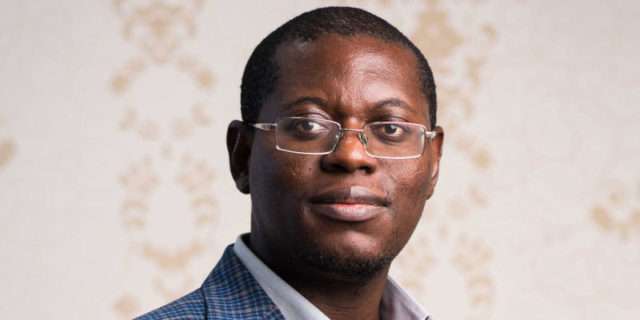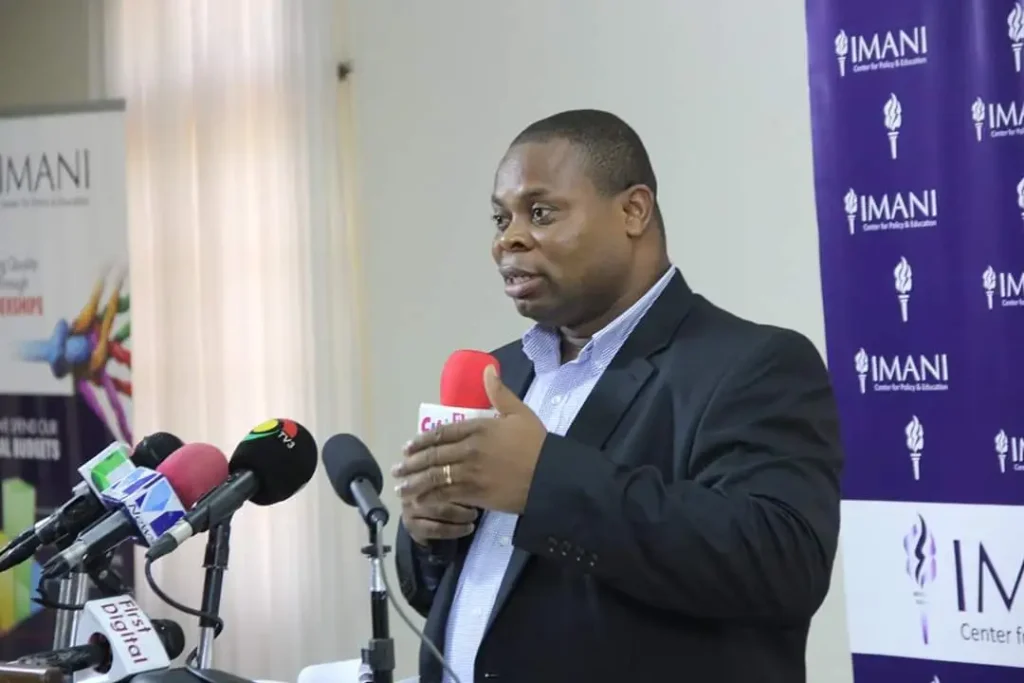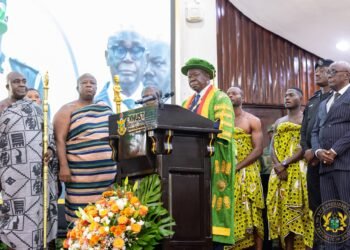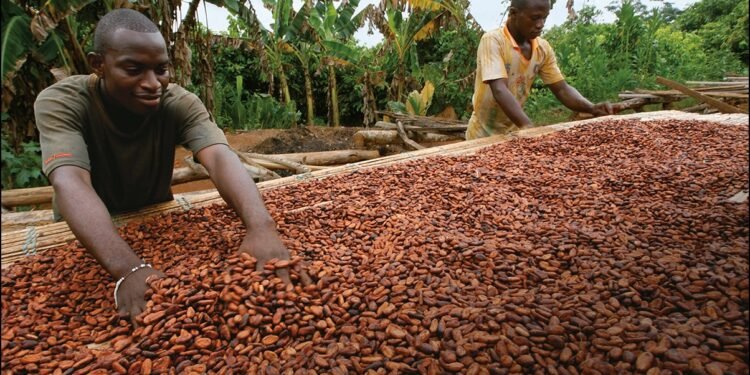The controversy engulfing Ghana’s Parliament has escalated dramatically following a contentious recall initiated by the New Patriotic Party (NPP) caucus.
The recall, intended to facilitate the passage of several significant government policies and bills within just two days, has ignited fierce criticism and political tension. The National Democratic Congress (NDC) caucus, in a strongly worded memo to the Speaker of Parliament, urged him to decline the recall request, amplifying the standoff.
The move has drawn sharp rebukes from governance experts and civil society advocates, who question both the practicality and the integrity of attempting to push through a raft of major legislation in such a constrained timeframe.
Critics argue that this approach undermines the very essence of parliamentary democracy, raising fears that Parliament is being reduced to a mere rubber stamp for executive agendas.
Bright Simons, the Honorary Vice President of the IMANI Centre for Policy and Education, minced no words in his condemnation of the ruling New Patriotic Party Caucus in Parliament’s actions.
In a pointed critique, he described the recall as an attempt to “ram through” a host of critical laws, policies, and measures without due scrutiny.
“Just look at the sheer number of (very important) laws, policies, and measures that Ghana’s ruling party wants the Parliament to reconvene for JUST TWO DAYS to RAM THROUGH! Unbelievable! Essentially, they see the Parliament as just a rubber stamp”.
Bright Simons, Honorary Vice President of IMANI Centre for Policy and Education
Bright Simons went on to lambast the procedural shortcomings, emphasizing that such a manoeuvre signals disdain for parliamentary oversight and deliberation.

He also took on the opposition National Democratic Caucus in Parliament, suggesting that their participation in this process would signify a betrayal of their professed commitment to reform and good governance.
“If the Opposition agree to participate in this racket, it would be the clearest sign to voters that all their claims of being interested in change and improved governance etc are just a show. What a lark!”
Bright Simons, Honorary Vice President of IMANI Centre for Policy and Education
A Betrayal of Parliamentary Integrity
Franklin Cudjoe, the Founding President and CEO of IMANI echoed these sentiments, framing the situation as a test of parliamentary integrity and opposition resolve. He characterized the proposed two-day legislative blitz as an affront to the principles of thorough legislative deliberation.
“Any Parliament worth its name should not be considering all these many bills and costly plans in 2 days!” Franklin Cudjoe declared, warning that any acquiescence by the NDC minority would have dire implications for their political credibility.
“If the NDC Minority group in Parliament takes part in this, it would be the clearest indication yet to Ghanaians that they will be worse in government,” Franklin Cudjoe added. He urged voters to take note and respond decisively at the ballot box, framing this as a litmus test for both parties.

The recall has highlighted deep-seated frustrations with Ghana’s legislative processes and the broader governance architecture. As earlier noted, several critics argue that such rushed legislative procedures erode trust in democratic institutions and weaken the checks and balances necessary for accountable governance.
For the NPP, the recall represents an opportunity to advance its legislative agenda, but the controversy surrounding the process threatens to overshadow any substantive policy achievements.
Meanwhile, the NDC faces a delicate balancing act: boycotting the recall to preserve its credibility or participating and risking accusations of complicity.
The outcome of this standoff could have far-reaching implications for Ghana’s democratic institutions and the political fortunes of both political parties in the upcoming general elections.
READ ALSO: DBG and AGI Form A Game-Changing Partnership to Revitalize Ghana’s Textiles and Garments Industry























